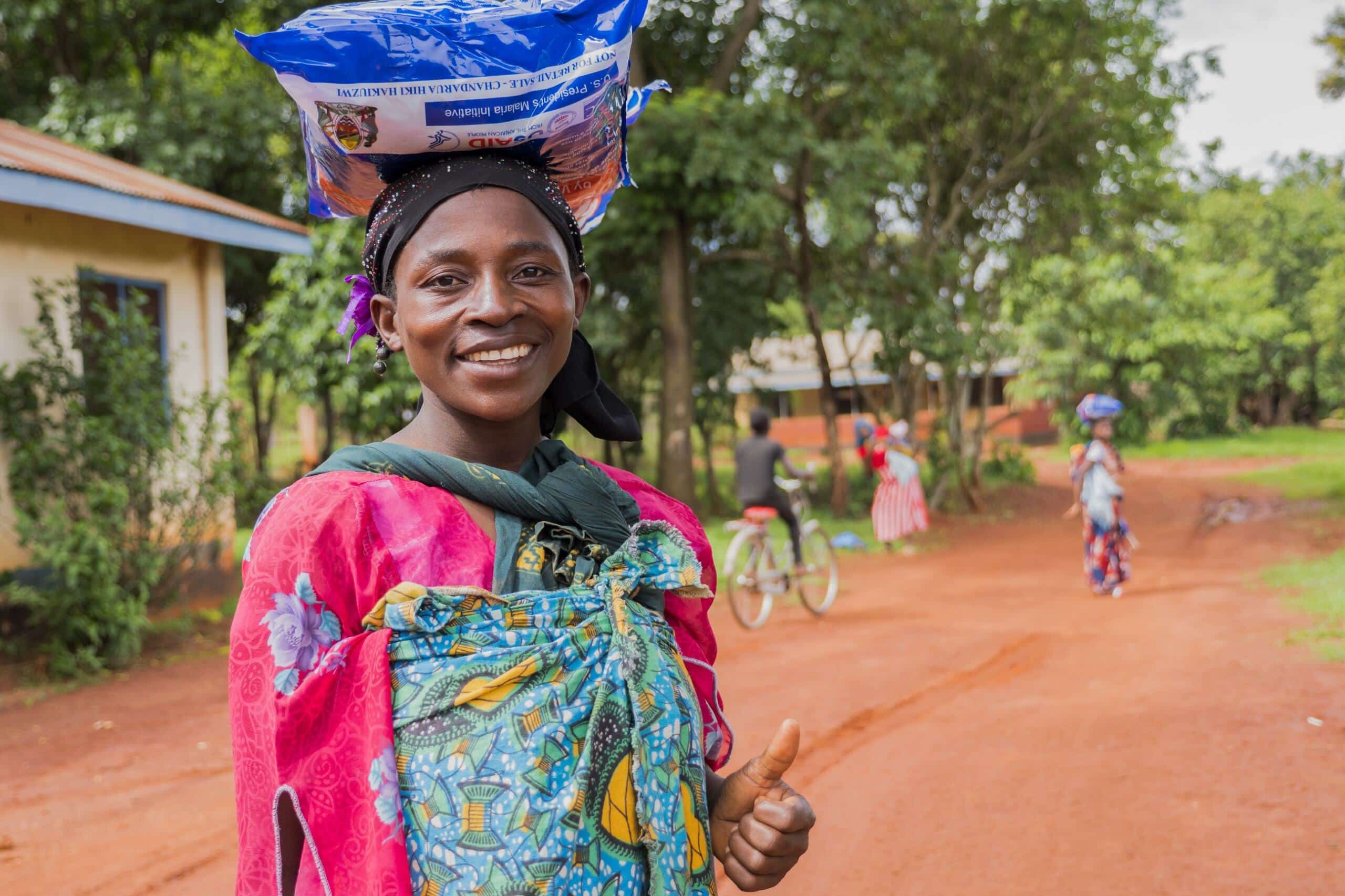
CCP Shares Insights on Global Work at Practitioner Conference
CCP will lead conversations about how social and behavior change and knowledge management can strengthen health systems.

CCP will lead conversations about how social and behavior change and knowledge management can strengthen health systems.

Sharing failures and mistakes made in global health programs and learning from them can enhance problem-solving, encourage innovation by fostering a culture that supports taking calculated risks, and improve quality by preventing some future errors, new findings from the Johns Hopkins Center for Communication Programs

There is a lot of optimism around the promise of artificial intelligence and its application to global health, says CCP’s Marla Shaivitz.
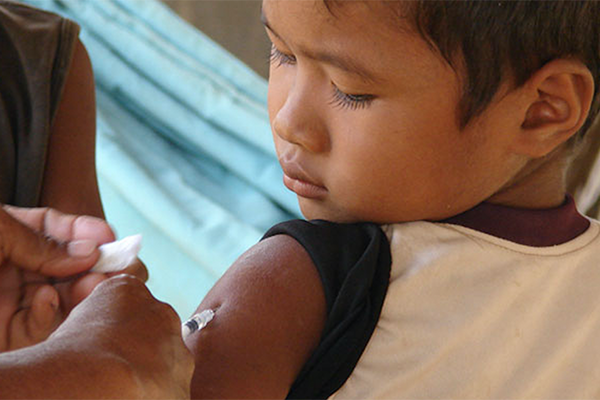
“Have vaccines become victims of their own success?” asks CCP’s Executive Director Susan Krenn. “Have we forgotten how many people used to become sick and die from these diseases?”
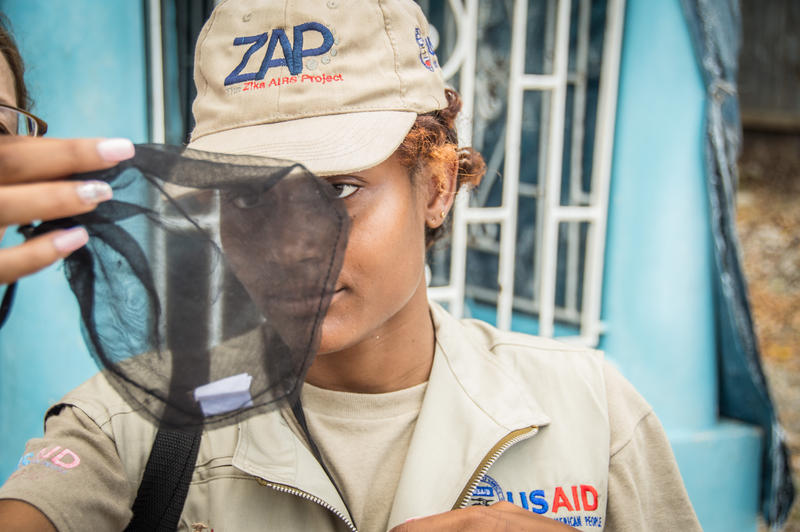
“We are charged with putting a comprehensive strategy and system in place so that should an emergency occur, we will be ready to respond,” says CCP’s Kathryn Bertram.
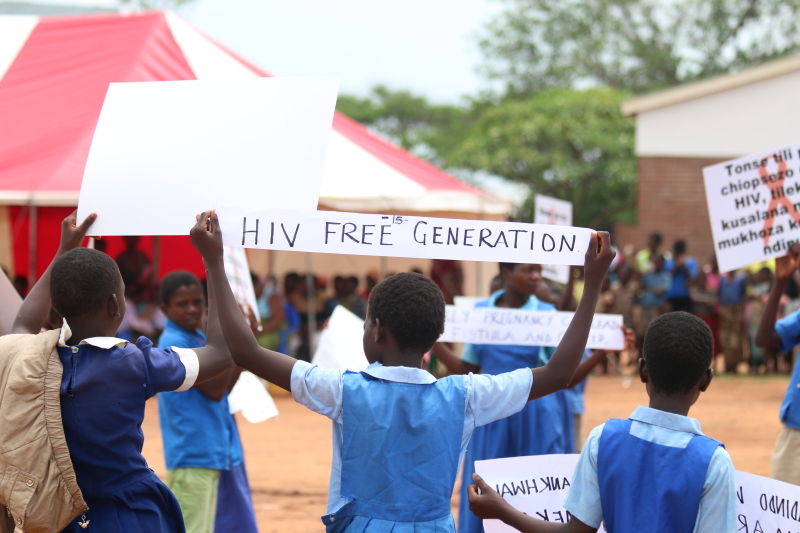
The annual contest, recognizing the best in global health and development photography for more than a decade, is underway. Entry deadline is June 5.

In 2012, the Johns Hopkins Center for Communication Programs (CCP) embarked on a mission, backed by the United States Agency for International Development (USAID) and supported by several international partners. As the leader of the Health Communication Capacity Collaborative project (HC3), we set out to
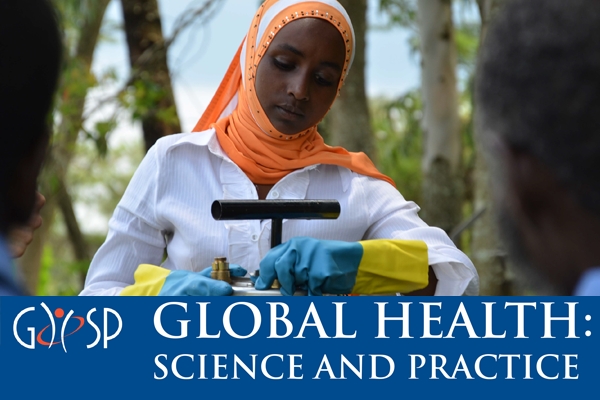
According to the December issue of Global Health: Science and Practice, despite its apparent benefits, vasectomy demand among men has plateaued globally. The featured article suggests that the key to demand generation relies on vasectomy-specific messaging and broader social and behavior change communication (SBCC) efforts
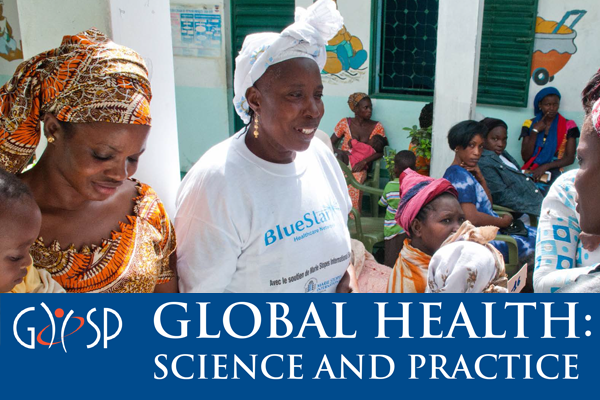
Widespread use of mobile phones in low-income countries has created momentum to use these devices as a tool for provider-to-provider communication, particularly to strengthen supervisory systems for community health workers (CHWs), who often work in households or in rural settings, beyond the confines of a
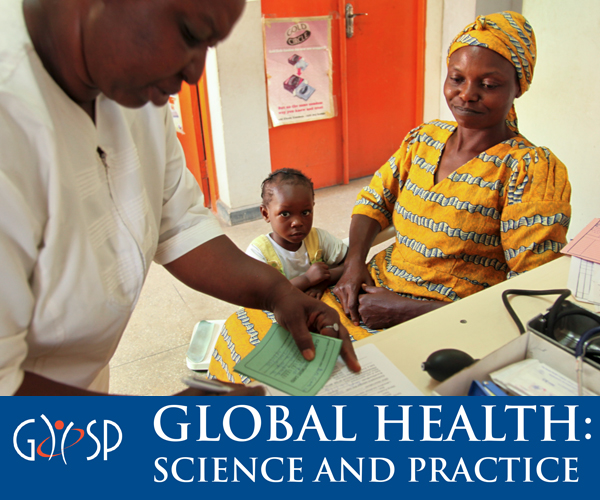
Across the developing world, wealthier women are generally more likely than poorer women to use long-acting and permanent methods of contraception than short-acting methods, according to new research published in the March issue of Global Health: Science and Practice. The findings are based on
Receive the latest news and updates, tools, events and job postings in your inbox every month